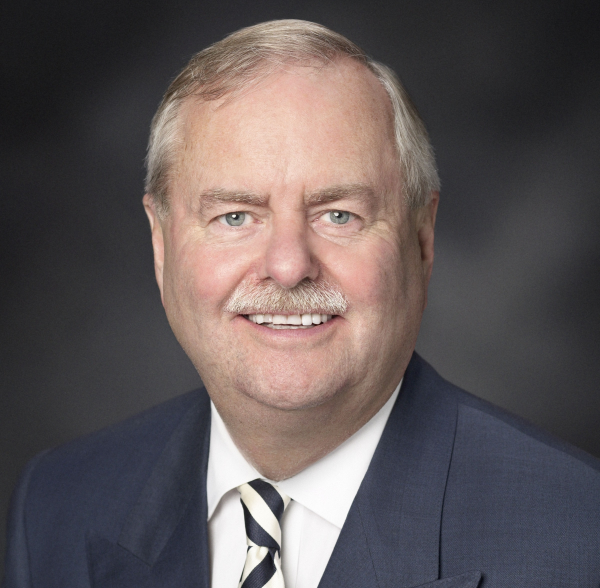Today, I want to talk about the four common mistakes that retirees should avoid making when creating a retirement income plan. These are:
Not factoring in inflation
Not factoring in income taxes
Poor structure of investment management fees
Believing in the myth that your fixed income exposure needs to match your age
First, let’s begin with the mistake of not factoring inflation into your proposed retirement income needs. It is extremely important to consider inflation because how long your money lasts is a direct result of how much it is going to cost you to live your life each year.
For example, you determined that life is going to cost you $5,000 each month. This amount will be used towards food, clothes, etc. But don’t be fooled into thinking that this is the same amount of money that you will need in the future. Things will get increasingly expensive, and your cost today is not going to match your cost tomorrow.
During your working years, it is much easier to anticipate inflation, and most salaries keep pace with the general increase in prices. However, inflation can become a real problem when you are on a fixed income, and your standard of living can be affected if you haven’t properly planned for it. If we factor a Canadian average inflation of 2% a year into the above example of $5,000, it will cost you $7,430 a month to live the same life in the future.
In addition to the effects of inflation, mistake number two is not factoring in income taxes. If you need $5,000 a month to cover living expenses, you will need to withdraw more than that amount in order to have enough to pay the income tax bill as well. Failing to factor income taxes into the retirement plan could exhaust your portfolio before expected.
The third mistake to avoid when creating a retirement income plan is to make sure you are not poorly structuring the investment management fees that are paid to your investment management team. Chances are you’re investing in mutual funds, and will need to pay a fee to the mutual fund company for their services. On average, you would pay 2.5% for this fee. What this means is that if your portfolio generates an 8% gross return, you would only see 5.5% instead.
There is a little trick that I would recommend to reduce the impact of the management fee without changing your portfolio. Instead of having the MER paid before you see your distributions, you can ask your advisor to have the fee unbundled. This means that they will first pay the full 8% gross return generated, and then subsequently charge the management fee. By separating the two, you will be able to earn a tax deduction for the amount that you paid for investment counselling as dictated by the CRA.
Lastly, the final mistake to avoid is thinking that you need to match the percentage of your portfolio allocated to fixed income to your age. For example, it might seem logical to have the majority of your portfolio in bonds at an elder age. However, you will be setting yourself up for a major drop in income due to the low return expectations on fixed income, making it more difficult to counter the combined effects of fees, inflation and taxes that I mentioned earlier.
No matter your age, a sound asset allocation program starts with one’s net worth, expected income needs and risk tolerance. Everyone’s circumstances are different and believing in the myth could lead to underperformance and interfere with you achieving your financial goals.
I strongly invite you all to make sure that you account for these four variables when creating a retirement income plan. Contact your investment advisor to adjust the way you pay your portfolio’s management fee. Make smart choices when planning for your future.












